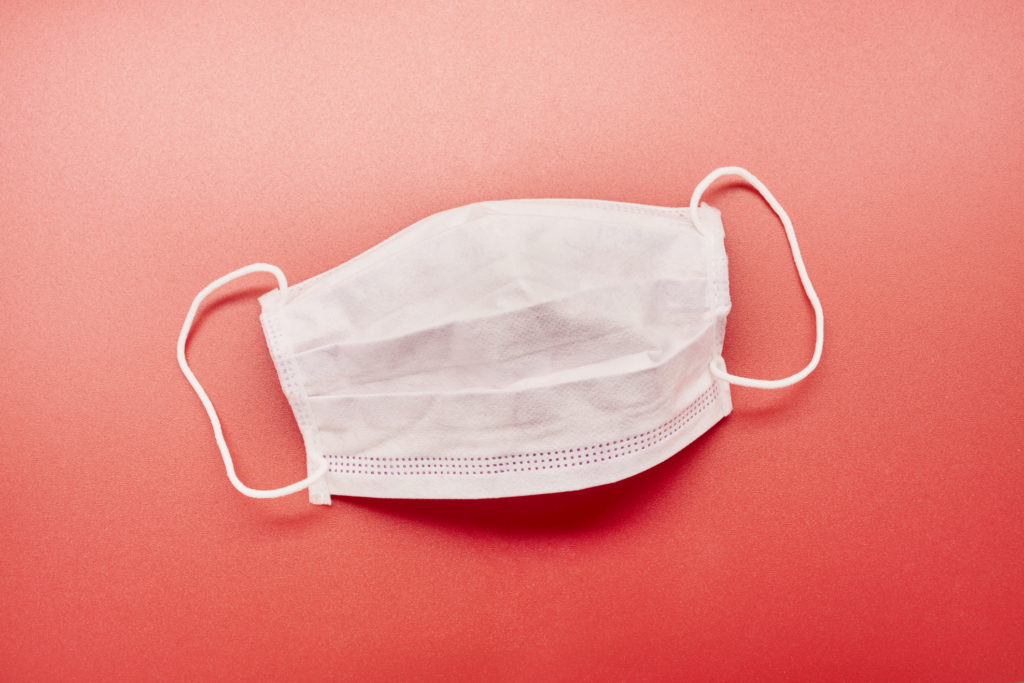An on-site “medicalization program” has significantly improved survival rates and reduced hospital referrals in four Spanish nursing homes during COVID-19 outbreaks, researchers say.

The program was organized around 10 key processes and interventions with the goals of reducing COVID-deaths and hospital transfers, as well as offering “humanistic palliative care to residents in their natural environment,” the investigators said. Facilities received attention in the areas of medical equipment, staffing, universal testing, separation of contaminated and uncontaminated areas, epidemiological surveying, and protocols for distinguishing active or palliative care approaches, among others.
More than half of the homes’ 457 residents (59%) received diagnoses of COVID-19 during the study. Nearly all (97%) either survived or had an “optimal” palliative care experience, wrote M. Bernabeu-Wittel, M.D., of the University of Seville. That’s compared with 77% of residents who were diagnosed with the disease before the medicalized program was put in place, he reported. There also was a significant decrease in hospital referrals for COVID-19-positive residents compared with referrals before the program began (29% versus 17%).
A medicalized program not only improves COVID-19 outcomes, but ensures “rigorous but also humanistic and gentle care to residents,” the authors concluded.
Full findings were published in the Journals of Gerontology.



